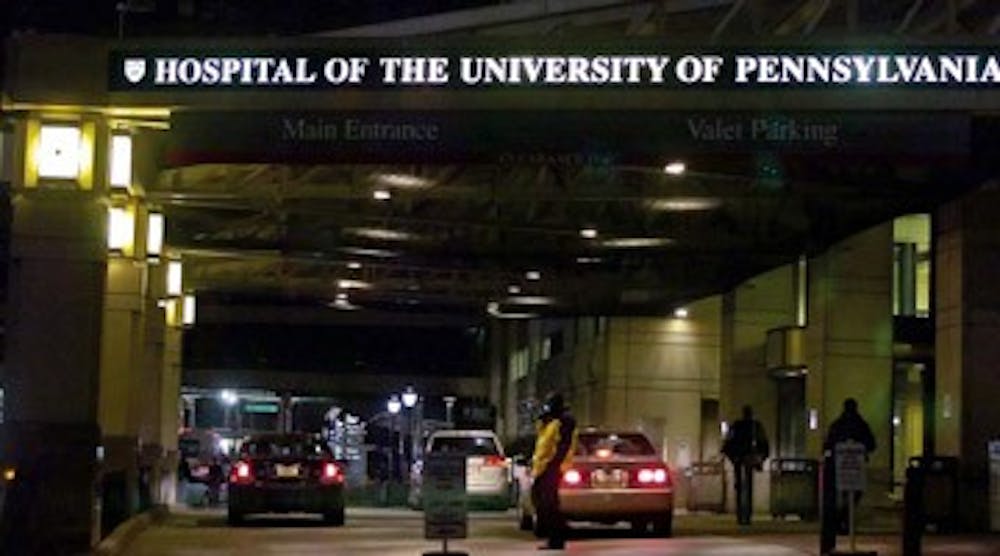Hospital patients who experience cardiac arrests are more likely to die during nights and weekends compared with the daytime, according to a recent study in the Journal of the American Medical Association.
This report raises questions about the differences between the care received in emergency rooms during regular working hours and the graveyard shifts.
Although doctors work regular eight-hour shifts, physicians say alertness issues affect any job that works around the clock.
"I think there are definitely some shifts that are easier from a time standpoint," said Esther Chen, an emergency physician at the Hospital of the University of Pennsylvania.
However, she added that nighttime is usually less busy and crowded in the emergency room.
"Some people really enjoy working at night," she said.
Night staffing issues may be a factor in the higher death rate of cardiac arrest victims.
New restrictions on residents' hours - although they were made with the intention of increasing care quality - has had the unintended consequence of staffing shortages, said Ben Abella, associate director of HUP's Department for Emergency Medicine.
Engineering freshman Lauren Sipzner noticed the nighttime understaffing at HUP when she went there with an injured friend.
"There was only one person doing check-ins who clearly wasn't happy with her job," she said. Although Sipzner said the medical care her friend received was very good, they spent a considerable amount of time waiting.
A number of studies have found that the time of day and staff alertness affect medical care, Abella said.
These differences may simply be more apparent with heart-attack victims because of the nature of cardiac arrest.
"The major difference with cardiac arrest is that it is a very time-sensitive, life-or-death situation," he said.
Abella said there are various factors behind the study's results.
"You might think that in the best of all worlds the care [in the middle of the night] would be exactly the same, but there are differences - it's a human phenomenon," he said.



